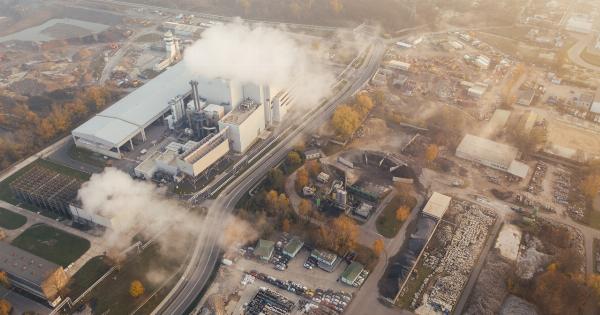World Toilet Day, celebrated on November 19th each year, is an initiative aimed at raising awareness about the global sanitation crisis. While the name might suggest a focus on toilets themselves, the day signifies much more than just a place to sit.
The Importance of Accessible Sanitation
Access to safe and clean sanitation facilities is a fundamental human right, yet a staggering number of people around the world lack proper access.
According to the World Health Organization (WHO), an estimated 4.2 billion people (over half of the global population) do not have safely managed sanitation services. This leads to serious health, environmental, and social consequences.
Health Impact
Poor sanitation facilities contribute to the spread of diseases such as cholera, typhoid, and diarrheal diseases, which take the lives of millions each year, particularly affecting children under the age of five.
Lack of access to proper toilets also increases the risk of infections and reproductive health issues for women and girls. By advocating for improved sanitation, World Toilet Day aims to prevent these health crises and the unnecessary loss of life.
Environmental Consequences
Improper waste management due to the lack of accessible toilets can contaminate water sources, soil, and the surrounding environment.
This pollution not only leads to the degradation of ecosystems and loss of biodiversity but also affects the availability of clean water resources for communities. World Toilet Day highlights the urgent need for sustainable sanitation solutions that preserve the environment and protect natural resources.
Sanitation and Dignity
Access to clean and safe toilets is not only essential for physical health but also for upholding human dignity and ensuring social well-being.
Without proper sanitation facilities, individuals are forced to resort to open defecation, which is not only unhygienic but also humiliating and undignified. This practice disproportionately affects women, who face safety risks and cultural taboos when relieving themselves in public spaces.
World Toilet Day advocates for the recognition of sanitation as a basic human right, promoting inclusivity, equality, and dignity for all.
Sanitation Innovations and Solutions
World Toilet Day is not only a day of awareness but also an opportunity to showcase innovative solutions for sanitation challenges. It brings together individuals, organizations, and governments to drive change and find sustainable alternatives.
From eco-friendly toilets that require minimal water usage to waste treatment systems that convert waste into valuable resources, the day highlights the importance of investing in research and development for improved sanitation infrastructure worldwide.
Education and Behavior Change
Changing behaviors and breaking taboos around sanitation practices is a crucial aspect of addressing the global sanitation crisis. Education plays a vital role in promoting proper hygiene practices and encouraging the use of toilets.
Many organizations use World Toilet Day as an opportunity to educate communities about the significance of handwashing, safe waste disposal, and proper toilet maintenance. By involving local communities and fostering behavioral change, sustainable improvements in sanitation are more likely to be achieved.
Government Commitment and Policy
World Toilet Day also serves as a platform to encourage governments to prioritize sanitation in their policy agendas.
Adequate investment in sanitation infrastructure, regulation, and enforcement are crucial to achieving universal access to safe toilets. The day provides an opportunity for policymakers to examine existing gaps in sanitation services and develop plans to address them effectively.
Sanitation and Sustainable Development Goals
The United Nations Sustainable Development Goals (SDGs) include targets related to water and sanitation, namely SDG 6: Clean Water and Sanitation.
World Toilet Day aligns with this global initiative, emphasizing the importance of improved sanitation in achieving the SDGs. Accessible toilets play a significant role in reducing poverty, ensuring good health and well-being, and promoting sustainable cities and communities.
Celebrating Progress and Inspiring Action
World Toilet Day is not only an opportunity to shed light on the global sanitation crisis but also a day to celebrate the progress made in improving access to safe toilets.
Many individuals and organizations have dedicated their efforts to providing innovative and sustainable sanitation solutions, transforming communities and improving lives. By highlighting success stories and sharing best practices, World Toilet Day inspires others to take action and contribute to this vital cause.
Conclusion
World Toilet Day is more than just about a place to sit. It is a global call for sanitation, emphasizing the importance of accessible toilets for health, dignity, and environmental sustainability.
By raising awareness, promoting innovations, and advocating for change, this annual event aims to drive progress towards universal access to safe and clean sanitation facilities. World Toilet Day reminds us that the right to a toilet is a basic human right, and together, we can create a world where no one is left behind.





























